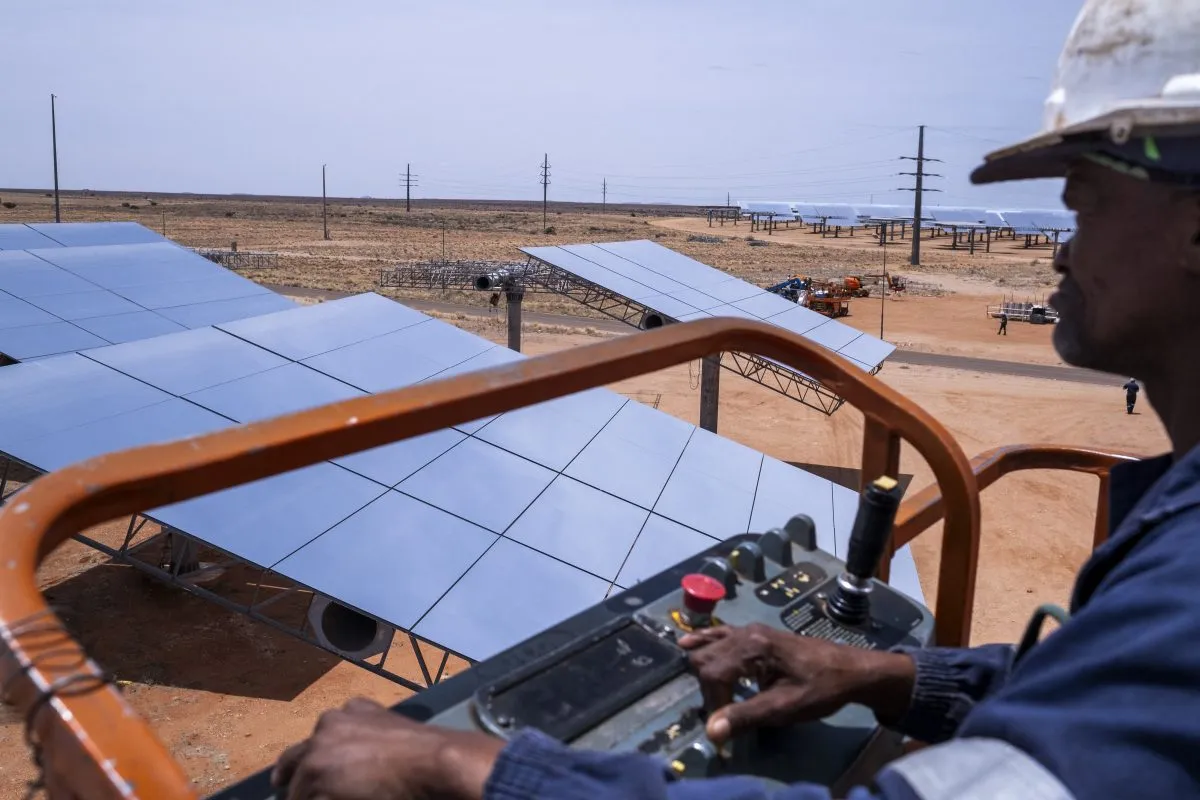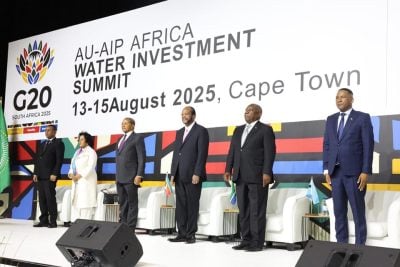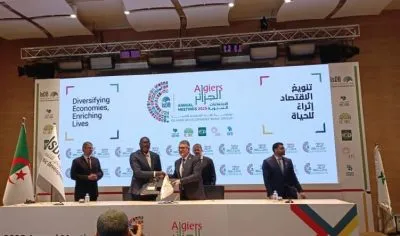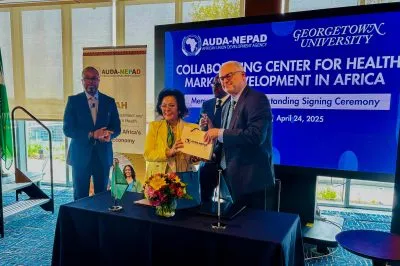This article is part of a series produced in collaboration with the African Development Bank in light of its sixtieth anniversary. Please visit our dedicated portal to read about the Bank's history and its activities on the continent.
Access to electricity is a critical driver of economic and social development, yet up to 600 million people in Africa remain without reliable power. In Togo, the Projet d’Appui au Volet Social du Programme CIZO d’Électrification Rurale (PRAVOST), supported by the African Development Bank, the European Union and the Togolese government, is bridging this gap with solar energy solutions.
PRAVOST has equipped 314 health centres with solar panels, providing consistent electricity for lighting, vaccine refrigeration, and essential medical procedures. At the Batonou health center near the Togo-Benin border, these improvements have significantly enhanced patient care, reducing risks associated with power outages and ensuring safer maternal health services. “Today, no tragedy due to power cuts can happen at the Batonou health center,” says Victorine Massegbe Ablavi, a midwife at the facility. She recalls the previous challenges: “We worked in the dark, risking cutting ourselves with sharp equipment and injuring patients. Sometimes we couldn’t find the patient’s veins when we were giving an injection. It was dangerous.”
Additionally, 122 health centres now benefit from solar water heaters, improving hygiene standards. “Now that the team can see clearly, we can work properly,” Ablavi adds. Thus equipped, health centres can now provide consistent and effective care, saving lives and improving maternal health. From simple procedures like administering injections to complex surgeries, reliable power is essential for effective medical care. Electricity enables healthcare professionals to accurately diagnose and treat patients, leading to better health outcomes and reduced suffering. Bringing power to more communities, as the African Development Bank is seeking to do through its “Light up Africa” initiative, has real and tangible effects on the quality of life for millions around the continent.
Empowering rural agriculture and advancing growth
In Bas-Mono, another community in Togo, farmers like Dieudonné Samati Mawuèma are seeing substantial improvements in productivity. Irrigation is the lifeblood of agriculture, but traditional methods can be labor-intensive and unreliable. A solar-powered irrigation system has replaced expensive fuel-based pumps, enabling continuous access to water, increasing cultivated land by 50% and boosting yields. “I save a lot. I have no more bills to pay, no more fuel to buy. The water is there, available,” Mawuèma says. With higher yields, he has expanded his workforce and is contributing to local economic growth. “It’s a way of giving back to those around me and I hope I can do even more in the future.”
By delivering clean, reliable, and renewable energy, PRAVOST is unlocking new opportunities for rural populations. Households now have access to lighting for education, security, and small-scale business activities, contributing to overall economic resilience. “Lack of access to electricity hampers economic development,” says Amy Nabilou, an electrical engineer at the Agence togolaise d’électrification rurale et des énergies renouvelables (AT2ER). “By providing energy through solar technologies, we enable health centres to operate day and night, preserve vaccines, offer decent care to patients, and households to study, launch micro-enterprises and feel secure.”
Ensuring long-term impact requires ongoing training and maintenance support. PRAVOST is addressing these needs by equipping local communities with the necessary knowledge and tools to maintain solar installations. As Nabilou explains, “One of the challenges with solar projects is sustainability and maintenance over time. We plan to support beneficiaries and train them in best practices. We stay close to the people to support them over the long term.”
A model for the continent
Togo’s experience serves as a blueprint for other African nations seeking to expand energy access through renewable solutions. It also aligns with broader continental goals, including the World Bank and the African Development’s Mission 300, which aims to connect 300 million Africans to electricity by 2030. The success of PRAVOST not only demonstrates how well-targeted investments can bring real improvements in the lives of people, but should serve as an encouragement to the Bank and its partners as they drive the implementation of Mission 300.

 Sign in with Google
Sign in with Google 



